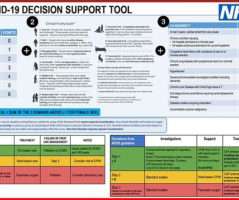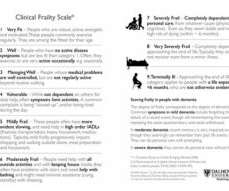Industry Surveys Highlight the State of Women in Construction
Construction Junkie
MARCH 9, 2021
While the Bureau of Labor Statistics (BLS) most recent data cites that women only account for 10.9% Discrimination and Harassment The Levelset survey also highlighted discrimination against and harassment of women in the workplace due to their gender. courtesy of NAWIC/Safe Site Check In.















Let's personalize your content